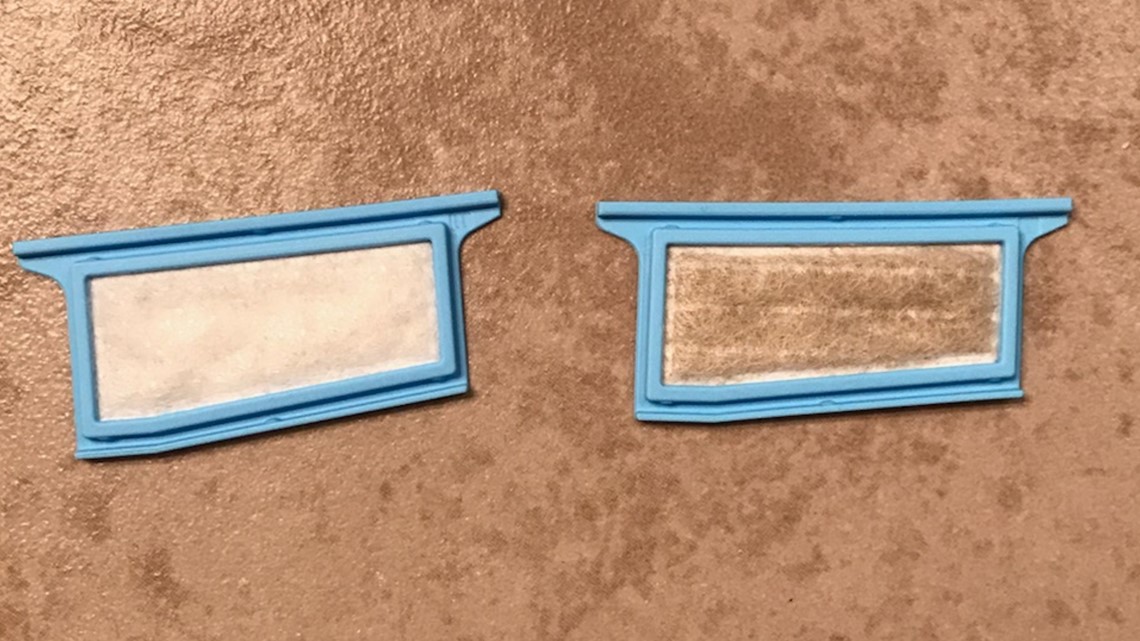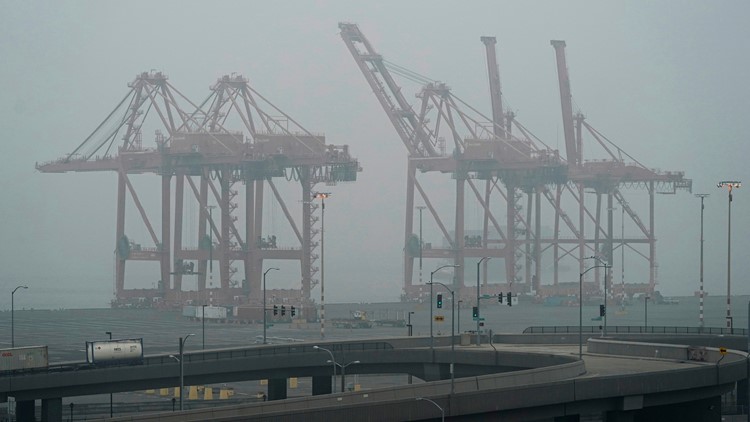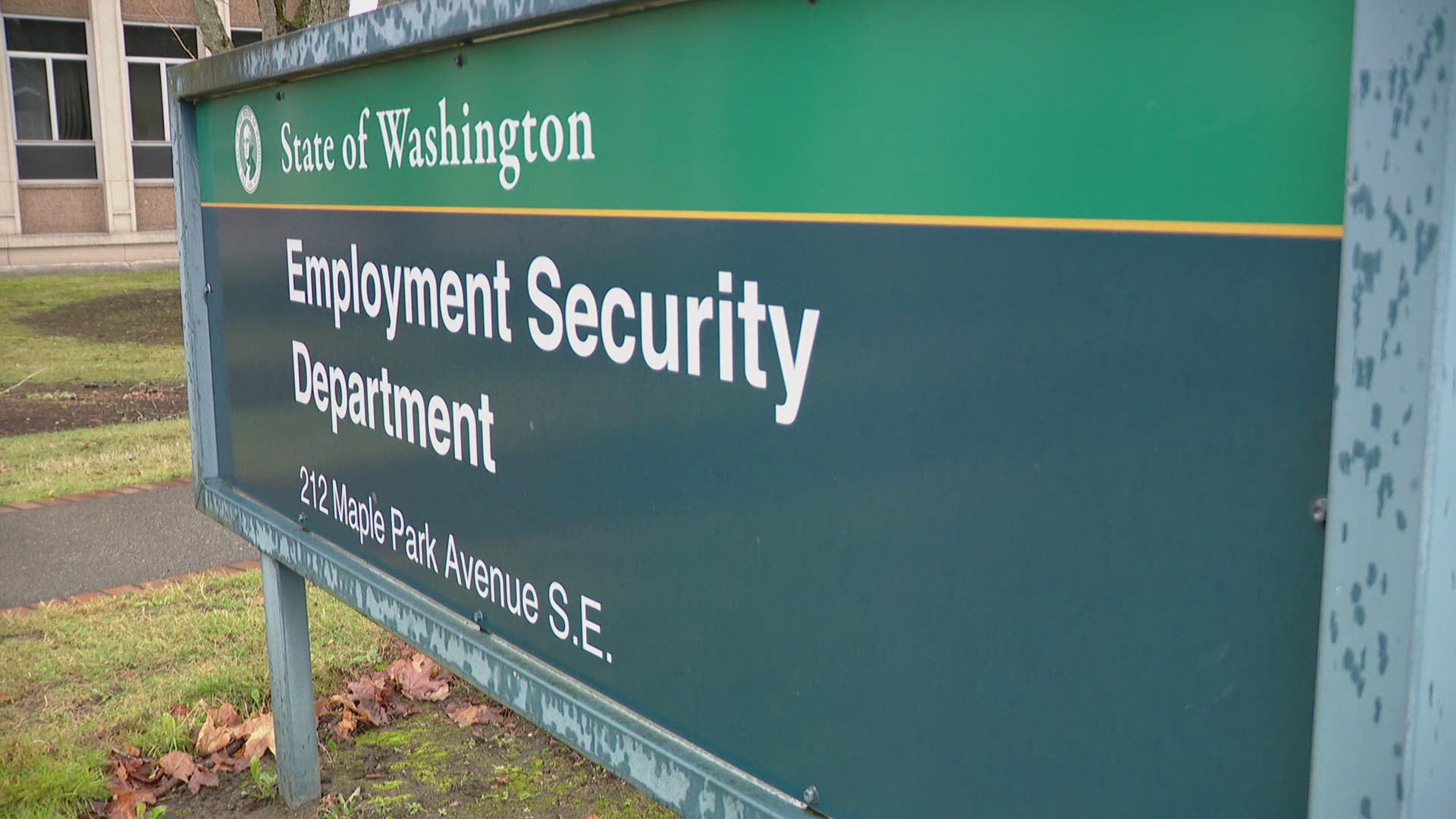PORTLAND, Oregon — Since the huge wildfire outbreak began last week, the air quality in the Pacific Northwest is among the worst in the world.
To figure out what we can do about it. I caught up with Dr Richard Corsi, Dean of Maseeh College of Engineering and Computer Science at Portland State University.
"We need to do everything we can to keep the outdoor air out, which means limiting the amount of ventilation in a home," he said.
We’ve talked to Dr. Corsi a lot about COVID-19 and staying inside buildings. If limiting the ventilation amid the pandemic sounds counter-intuitive to you, you’re right.
But Corsi insists, "If you don't have somebody who's got symptoms of COVID-19 in your house right now, it's good to reduce ventilation as much as possible."
That includes using the bathroom fan and using the fan over your stove while cooking.
"That's a really powerful fan and all that air that's exhausted brings air in from outside," he said. "So you can't just suck it out of a house without bringing air in from outside."
Even with modern, somewhat airtight construction, that smoky air is still finding a way into our homes.
John Toohey of Newberg sent us a dramatic photograph of two CPAP filters. He said usually changes them about once a month, but the dirty filter you see on the right was just used for one night.


Corsi said there are some more things we can do to help. Upgrade your HVAC filter for one.
"Going from a MERV-4 to a MERV-10 will give some improvement," he said. "A MERV-13 should do a pretty good job with a lot of wildfire, smoke particles, not all of them"
MERV is a rating system. The higher the better, in terms of removing small particles. And if you’re able to get a HEPA (high-efficiency particulate absorbing) based portable air filter, that will help too.
Dr. Corsi, "It won't remove all the particles, but you will see a substantial reduction in particles in the air," Corsi said. "You might get a 50, 60, 70 percent reduction of particles that are in the air."
He also said sealing up any gaps in your doors and windows with a wet towel, or even duct tape can be helpful. But maybe hold off on cooking for a few days if you can.
Chris McGinness is a meteorologist and transportation reporter for KGW. Got a story idea or a great photo you want to share? Email him at cmcginness@kgw.com or reach out on Facebook , Twitter and Instagram



